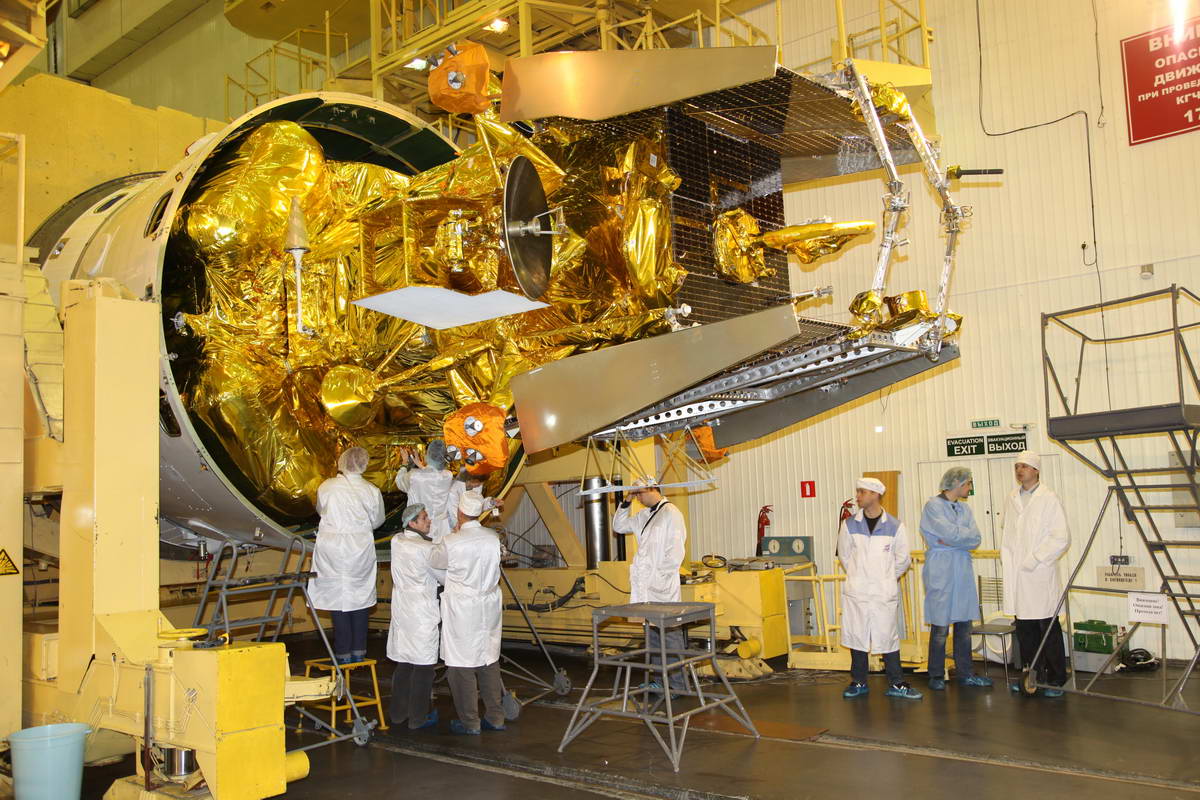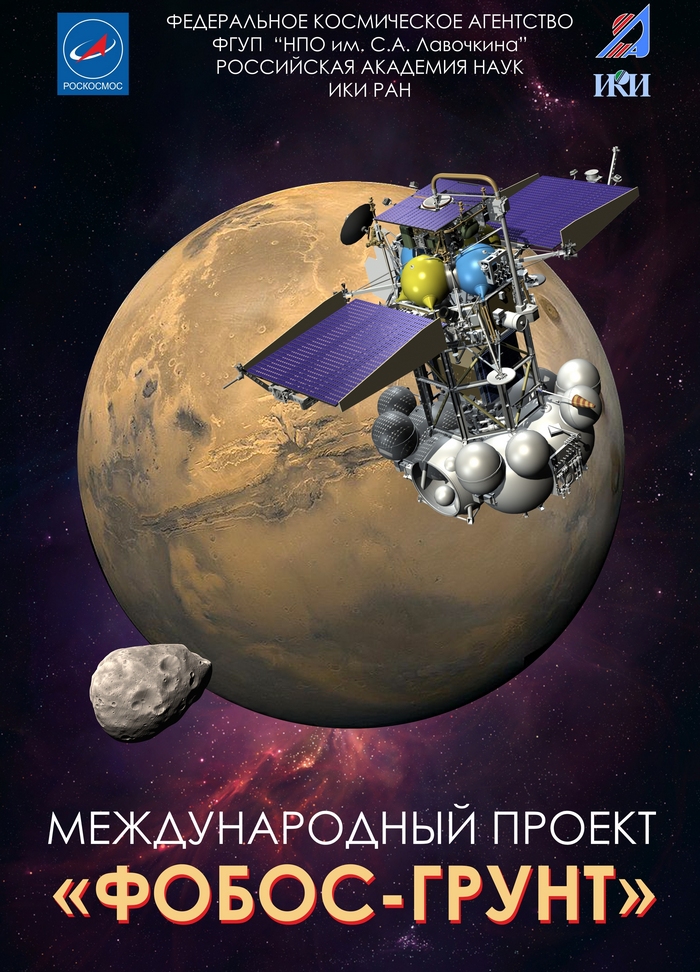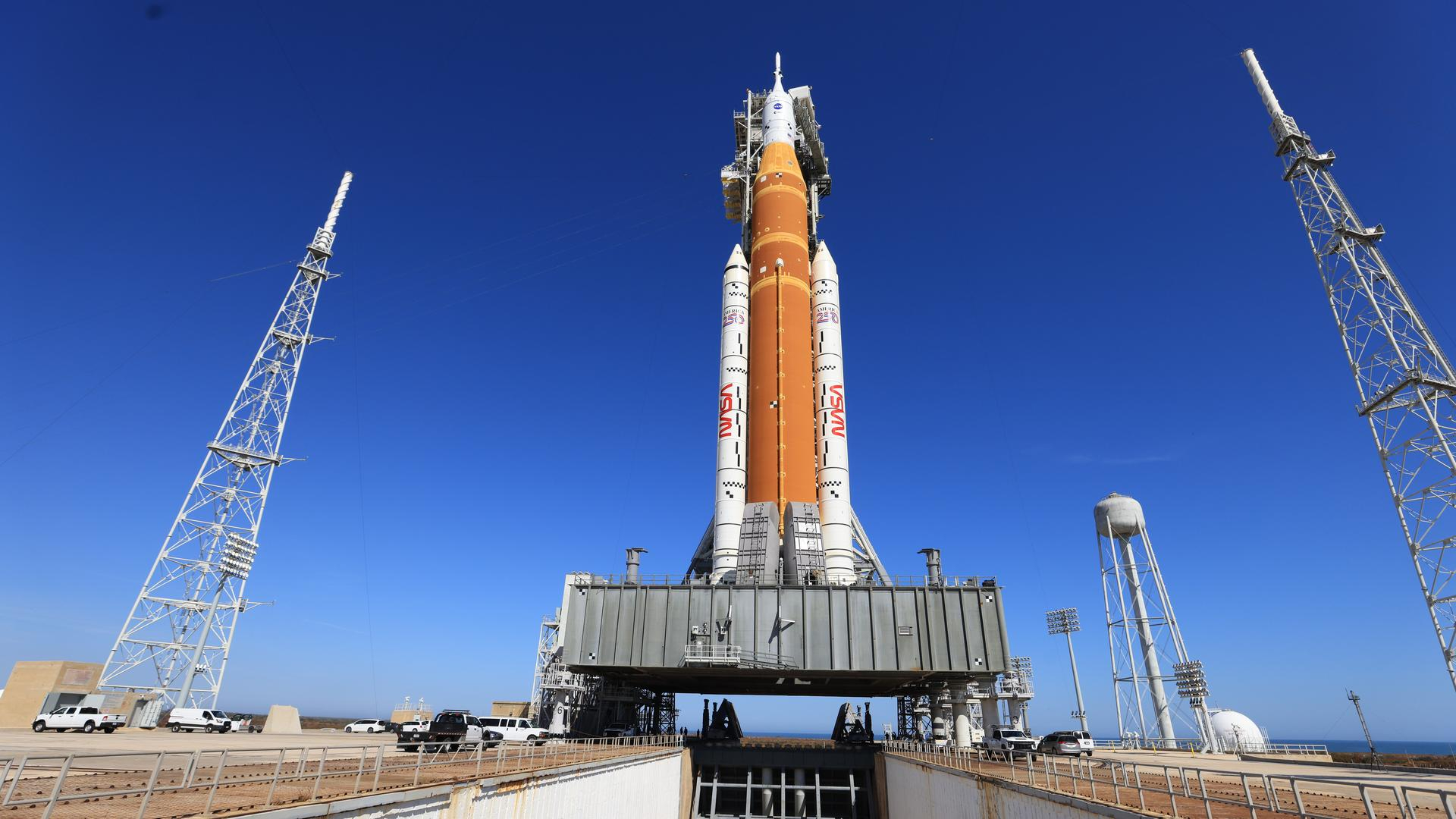European Space Agency to Try Contacting Troubled Russian Probe Again

Breaking space news, the latest updates on rocket launches, skywatching events and more!
You are now subscribed
Your newsletter sign-up was successful
Want to add more newsletters?

Delivered daily
Daily Newsletter
Breaking space news, the latest updates on rocket launches, skywatching events and more!

Once a month
Watch This Space
Sign up to our monthly entertainment newsletter to keep up with all our coverage of the latest sci-fi and space movies, tv shows, games and books.

Once a week
Night Sky This Week
Discover this week's must-see night sky events, moon phases, and stunning astrophotos. Sign up for our skywatching newsletter and explore the universe with us!

Twice a month
Strange New Words
Space.com's Sci-Fi Reader's Club. Read a sci-fi short story every month and join a virtual community of fellow science fiction fans!
The European Space Agency will once again attempt to call the Russian Phobos-Grunt spacecraft tonight (Nov. 29), after officials received no response yesterday from the beleaguered probe, which has been stranded in the wrong orbit since it was launched earlier this month.
The Russian Phobos-Grunt mission lifted off Nov. 8 on a mission to collect samples from the Mars moon Phobos, but a malfunction with the spacecraft's thrusters left it stranded in Earth orbit, rather than accelerating on toward the Red Planet.
Russian officials have struggled to contact the spacecraft, but the European Space Agency (ESA) announced last week that a ground station in Australia had picked up signals from the troubled probe. Since then, though, repeated efforts to call the spacecraft have failed.
Yesterday, ESA officials sent commands to Phobos-Grunt to raise the spacecraft's orbit, but the instructions went unanswered.
"ESA informed by #PhobosGrunt controllers that last night's orbit-boosting commands did not execute," agency officials said via Twitter today.
At the request of Russian mission controllers, teams at the European radio station in Perth, Australia will try sending the orbit-boosting commands again tonight, they added.
Russian officials were unable to decipher the information that was received from the Australian ground station last week, but it was reported that data had come in to a Russian station in Baikonour, Kazakhstan that indicated the spacecraft's radio equipment was operational, according to the Russian news agency Ria Novosti.
Breaking space news, the latest updates on rocket launches, skywatching events and more!
Despite the international partnerships trying to save Phobos-Grunt, time is quickly running out to rescue the $165 million mission.
Phobos-Grunt was launched aboard a Russian Zenit rocket, but once in orbit, the spacecraft's propulsion system failed to fire in the maneuver that would have sent it on its way to Mars. The window of opportunity for the probe to reach the Martian moon may have closed already, since the journey requires Earth and Mars to be properly aligned.
The ambitious Russian mission was designed to study Phobos and return rocks from the Martian moon to Earth in 2014.
If Phobos-Grunt cannot be saved, early estimates suggest the spacecraft could fall back to Earth sometime in mid-January.
You can follow SPACE.com staff writer Denise Chow on Twitter @denisechow. Follow SPACE.com for the latest in space science and exploration news on Twitter @Spacedotcom and on Facebook.

Denise Chow is a former Space.com staff writer who then worked as assistant managing editor at Live Science before moving to NBC News as a science reporter, where she focuses on general science and climate change. She spent two years with Space.com, writing about rocket launches and covering NASA's final three space shuttle missions, before joining the Live Science team in 2013. A Canadian transplant, Denise has a bachelor's degree from the University of Toronto, and a master's degree in journalism from New York University. At NBC News, Denise covers general science and climate change.

